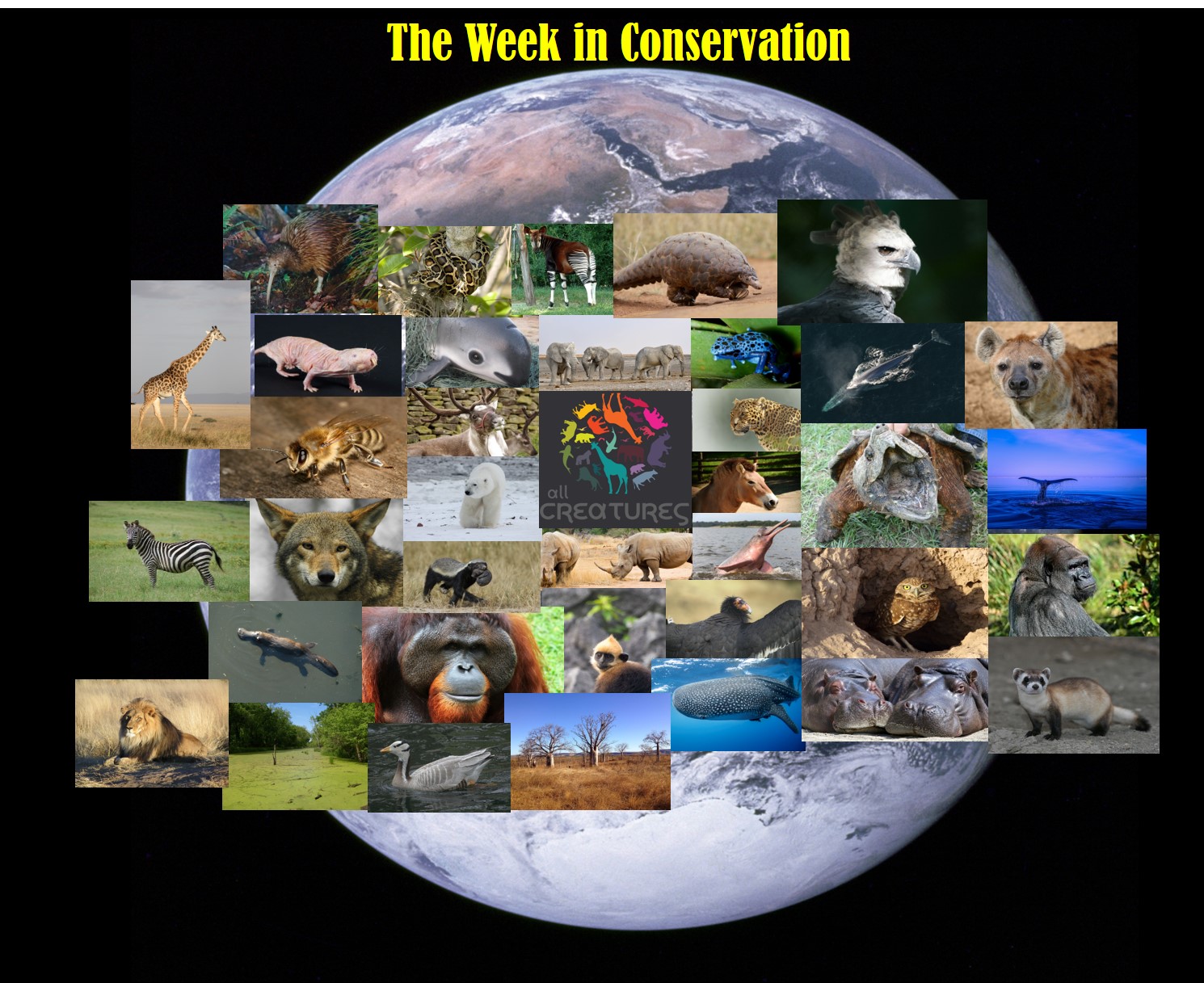
Draper around 1910 for a children’s Pentecost festival.ĭifferences in text abound between hymnals. Francis of Assisi in 1225 known as the “Canticle of the Sun” or “Song of All Creatures.” This specific translation was done by William H. The text of this beloved hymn of praise is a translation and paraphrase of a text written by St. Let every creature praise his holy name for ever and ever.” This is our call and our invitation, and now, using the words God has given us through the voice of a Saint, we answer that invitation with a joyful “Alleluia!” Psalm 145 says, “My mouth will speak in praise of the LORD. It was at a meal with the sisters after having stayed for some time at the monastery that he wrote his famous text, “Canticle of the Sun,” later paraphrased into the beloved hymn we sing today.Īs we sing this hymn, we join with Christians throughout the ages and with all of Creation to sing our praises to God the Creator. Francis could be heard singing faint melodies from within the hut. Clara built him a small reed hut in the garden of her little monastery. Damian to bid goodbye to his dear friend, Sister Clara, the first woman to follow the call of St. Francis of Assisi arrived at the Convent of St. In the year 1225, completely blind and nearing death, St. 4) festive processionals (use a concertato arrangement with brass and choral parts). Many occasions as a strong opening hymn of praise a congregational call to worship springtime prayer services for crops/industry and for harvest thanksgiving (especially st. Repeating the words "O praise him" each stanza emphasizes the cosmic praise of all creation: the sun and moon (st. "All Creatures" is a catalog text that enumerates various features of the creation and summons all to praise the Lord with their "alleluias." Although not found in the original text, the "alleluias" make splendid sense and are necessary for the tune. He is known for his sixty translations of Latin, Greek, and German hymns, many published in The Victoria Book of Hymns (1897) and Hymns for Holy Week (1899). He served at least six churches during his lifetime, including the Temple Church in London (1919-1930). 5).Įducated at Cheltenham College and Keble College, Oxford, England, Draper was ordained in the Church of England in 1880. The modernized version in the Psalter Hymnal omits the original stanza 6 (about death) and combines the original stanzas 5 and 7 into one (now st. Originally in seven stanzas, Draper's translation was published with the tune LASST UNS ERFREUEN in the Public School Hymn Book (1919). Clifton, Bristol, England, 1933) translated–or rather paraphrased–the text (which appears in virtually all English hymnals) for a children's Whitsuntide (Pentecost) Festival in Leeds, England, around 1910. Kenilworth, Warwickshire, England, 1855 d. Legends about Francis abound, and various stories, prayers, and visions are attributed to him. Other young men joined him, and Francis founded the order named after him the Franciscans were approved by the Pope in 1210. He restored run-down chapels and shrines, preached, sang devotional "laudi spirituali" (adapted from Italian folk songs), and helped the poor and the lepers.

The son of a wealthy cloth merchant, Francis led a carefree, adventurous life as a youth, but after an illness and a pilgrimage to Rome in 1205, he voluntarily began a traveling life of poverty. But his whole life was one of service to God and humanity. Francis of Assisi is universally known for preaching to the birds and urging them to praise God. Originally in Italian ("Laudato sia Dio mio Signore"), the text is known as the "Song of All Creatures" and as the "Canticle of the Sun." The text is a meditation on Psalm 145 (although it also reflects Psalm 148 as well as the Canticle of the Three Young Men in the Furnace-an apocryphal addition to Dan. Assisi, 1226) wrote this nature hymn during the summer of 1225 in the seclusion of a hut near San Damiano, Italy. Virtually blind and unable to endure daylight, St. *Or, “All creatures of our God and King, / lift up your voice and with us sing” Source: Voices Together #81 The flow’rs and fruits that in thee grow, O sing ye, O sing ye, alleluia, alleluia, alleluia!


 0 kommentar(er)
0 kommentar(er)
